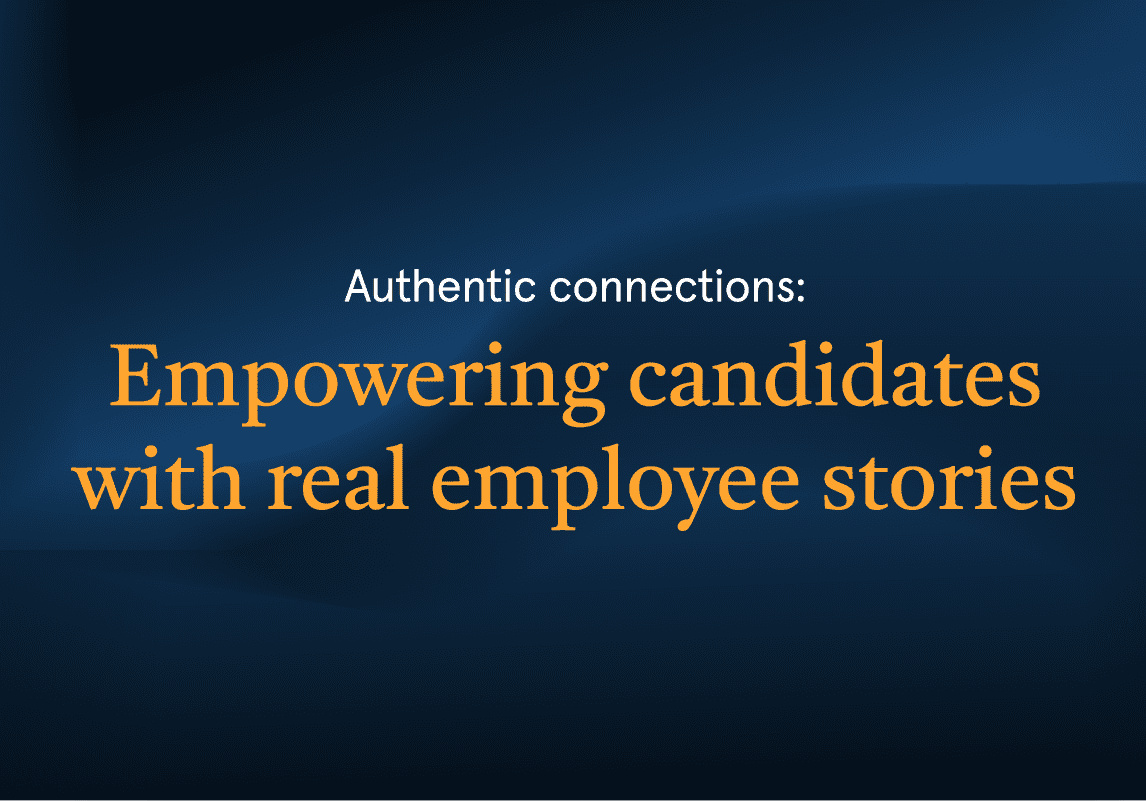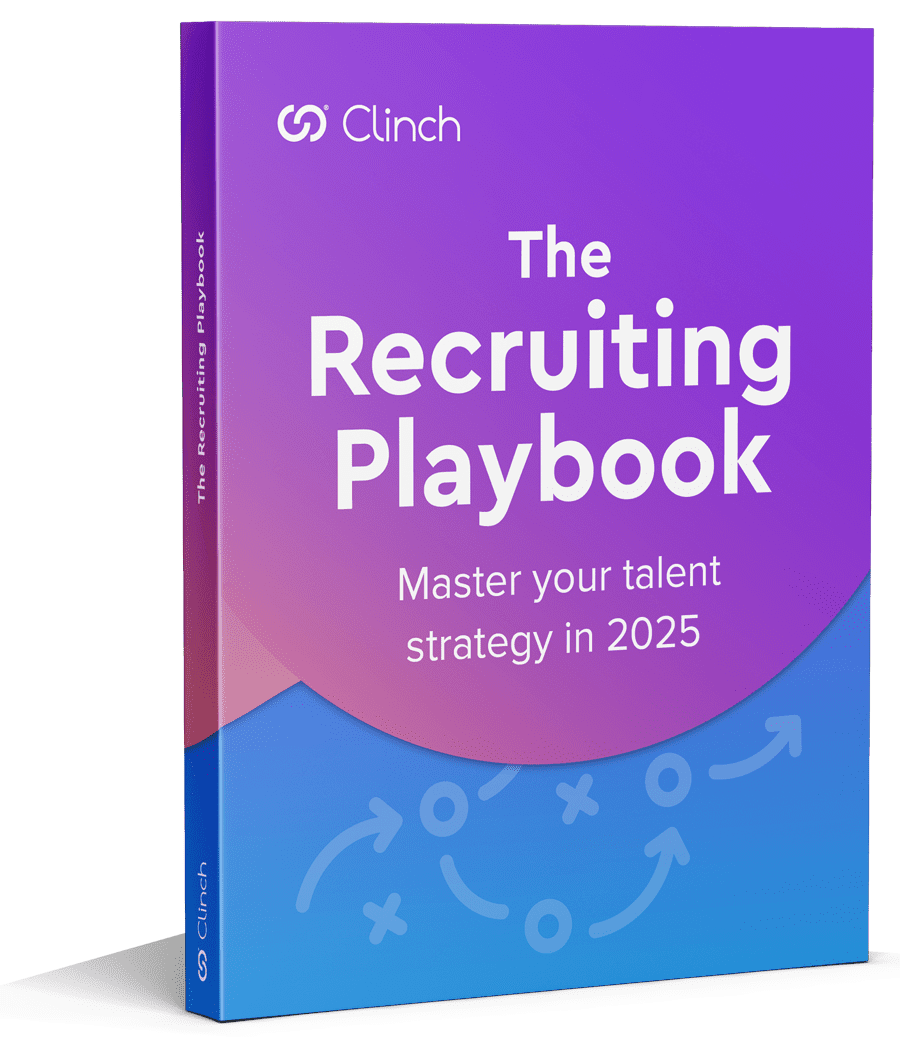How did you find your way into TA, what’s your story?
I’m going to share something that not many people know about me.
After I graduated from college, I had aspirations of being a stand-up comedian. So I drove across the country and ended up in San Francisco. I got the crappiest job ever trading mutual funds, but at night I would go around doing stand up comedy. I gave myself a year. I said, if this is what’s going to happen, it’s going to happen; if it’s not, it’s not. And obviously, I’m talking to you, so you know what happened!
After a year I moved back to Massachusetts, and as an English major, there was no real path for me to go. Well, I needed a job and I went to mommy —I’m not embarrassed to admit it. My mother had a great friend who was in a staffing agency at the time. She took a chance on me; I started out doing hourly engineering and manufacturing placements and then from there, I just kind of fell in love with it, and here we are.
Tell me more, did stand-up impact you in ways you didn’t expect?
Absolutely!
First off, I got over a lot of the fear I used to have about public speaking or speaking on an individual basis. But secondly, I had to figure out difficult situations and kind of navigating a great way out of them. There’s nothing worse, and trust me when I say this, than being in front of a room that you want to entertain and make laugh, and all you hear are crickets chirping, right? So what do you do to turn it around? That’s a skill that I think was incredibly helpful to me moving forward.
When your product is people and your service is people, we deal with similar issues in recruiting every day.
What works best to engage and nurture candidates?
I think, the majority of employer branding today is mostly vanilla stuff, and as tasty a flavor as vanilla is, in marketing, not so much. While you might be proud of that video of employees talking about why they love their job, just know there are a hundred thousand other ones saying the same thing.
To me, if it doesn’t touch the emotions —I call it “humor or heart”— no-one really responds to it. Whether it’s happy, sad, or even outrage, these feelings are very powerful. I’ve studied years of social media content, and if you look at the patterns of the pieces that are popular, they’re either funny or inspire emotion. They’re things people really can’t forget. Yes, we’re marketing jobs and culture, but that doesn’t mean it has to be dull press releases and boring videos of people talking about why they love their jobs, right? Look at the engagement of the companies that do things differently and they’re offering something people can connect with. There’s a reason drama masks have been so iconic for thousands of years; it’s what we respond to.
What about passive prospects?
I think the term “passive” is BS. I just don’t get it. Whether a person is active or passive, the one with the skills, the attitude, the values, the connected Vulcan mind-meld, that’s what you want. Think about the “active seeker” who seeks you out, likes your marketing content, loves your messaging, loves what they see about your company, and they purposefully raise their hand to be with you; you’re telling me if they have the skills and right attitude, that it isn’t a better fit than the person you have to woo for six months?
I understand we want people from a competitor or a specific set of skills that aren’t readily available, but even these won’t respond if the vibe they get at your company website, at Glassdoor or Indeed or the wealth of information at their fingertips doesn’t add up. It comes down to what are you trying to say, how are you saying it, and are you saying it in a way that’s going to engage people, so that they’ll actually give a crap about what you’re saying.
What’s one of your most favorite campaigns?
I used to work at Rapid7, a company where the culture was very vibrant, young, geeky – with Ice-Cube rapping in the lobby kind of culture. I realized we needed to embrace that, so we did an incredible campaign that I was very proud of called “Rapid7 at the Movies.” We made funny videos parodying movies, but did them around our values. For example, to show our unique passion, we did a “Flashdance” parody that people went nuts for; it won awards. We did a “Braveheart” parody about leadership and commitment, and a “Rocky” parody about our drive and determination and so on and so forth.
What it did was it really separated us from the pack and put us on the scene and created an audience that we wanted to attract. If it’s not funny, or if it doesn’t touch some emotion, people won’t care.
How do you get your company to stand out?
It’s really about stripping down the veneer. A great example is Cisco. They’re competing with Apple, Facebook, and Google, and wanted to show they were just as geeky and cool and hip – and their culture really was! But what they showed publicly was pretty much a formal and very “buttoned up” culture, and that just wasn’t them.
They decided to change from “Cisco Careers” to #WeAreCisco, and started using iPhone photos and employee generated content. They adopted their inner geek and their inner culture voice, and saw engagement go from 1,000 to 20,000+ followers, their applications went up, their brand awareness went up and all the other things you want to see happen. Once they dropped the veneer of what they thought the world wanted them to be and said, “this is who we are; love it or leave it,” those that mattered started seeing them in a different light.
What’s the secret sauce to converting prospects into candidates?
Know who you are, understand your audience, and make those two meet, and if they don’t, it wasn’t meant to be.
An example of this is one of my favorite recruiting stories. It’s around “Game of Thrones” and just being the big dork that I am. I was on Reddit and found a thread about Jon Snow and “Game of Thrones.” We were arguing about who his parents were, and there was this one dude that I kept going back and forth with – it was kind of a heated argument. Around the same time, I had a developer job and I went to a different Reddit sub-thread around that particular technology and posted the job into the thread. Lo and behold, the same guy I was arguing with surfaced there too and said, you know what, I’m a developer and I’m using that technology. We took the subject offline and immediately, we felt like we knew each other. He knew I was a dork, I knew he was a dork, and that led to an awesome hire that otherwise, we never would have found — all because of arguing about Jon Snow. Know your audience, know who you are, wear it like armor and you will be happy and people will respond.


